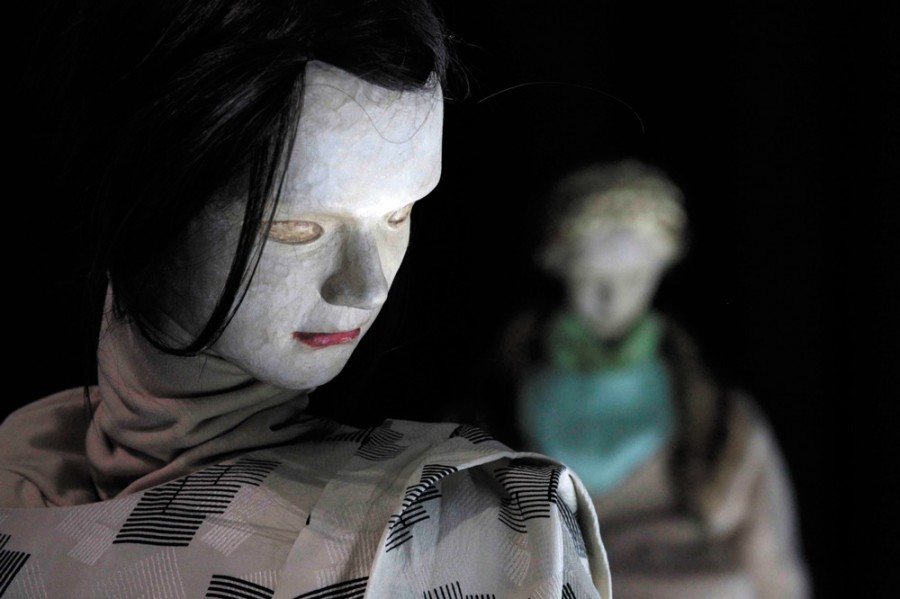
What stories about identity! The word does not appear neither in the Greek epic nor in the tragedy. The identity at the time of Antigone is leaning on the line and belonging to a city. Identity was soaked from rooting. The family and the city brought together under a virtual standard the entirety of what the other should know about oneself during a first meeting. During Antiquity, no one proclaimed their identity or promulgated it, and no one decided on its identity. It was not a question of putting a costume. Men were in their identity. The identity was akin to a charge, we had to be worthy of it. She ruled being and becoming. Modern era has made an issue, because it has transformed the identity to have, a sort of achievement which can be disputed or departing. In its modern fantasy to believe that you can choose everything all the time, the modern era replaced with a relentless method being by having it. Yet this logic, this ideology has its limits: certain things cannot be acquired, among them: otherness. Living your identity, being what you are, living in your name , allowing intimacy and therefore the knowledge and deepening of your being, these are the sine qua non conditions of one meeting with the other. The first difference between Creon and Antigone is at this specific location, the terrain on which the fight is built, Antigone preserves anchored in it this gift of the ancients, of the gods, this rooting which defines the authority to which it is leaning for Take up to this man, his parent, the king, who marries the will to power and finds himself blinded by her until he only heard her own voice, his echo. Read the rest of "Antigone, rebellious and intimate (6/7. Vocation)"






